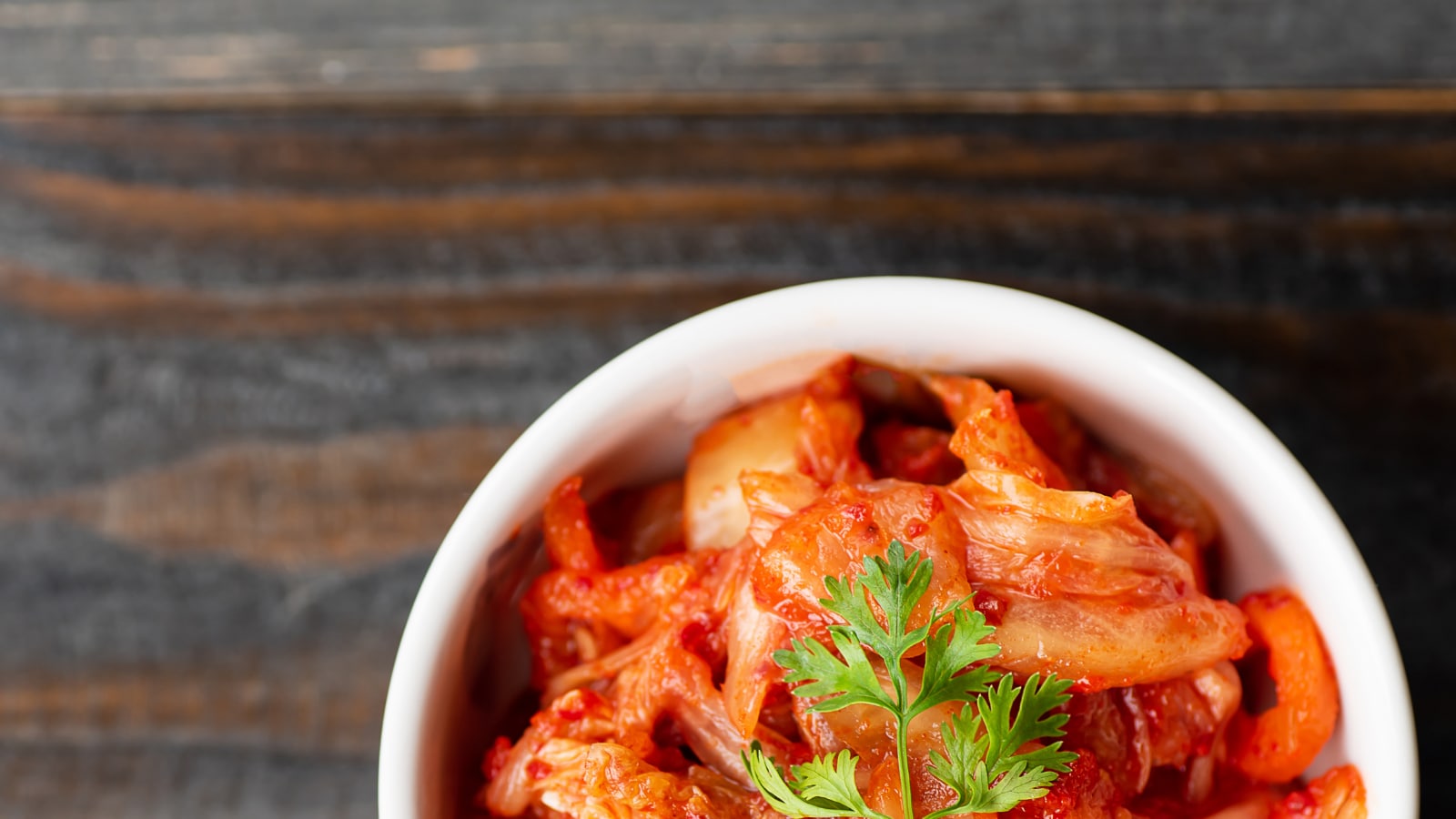South Korea Introduces New Chinese Name For Kimchi, To Reaffirm Its Korean Authenticity
With the Hallyu Wave or the globalisation of Korean pop culture, Korean cuisine has found itself under the spotlight of the global stage. One of the essential Korean dishes that are the star of the Southeast Asian country’s cuisine is Kimchi. This multipurpose food item is a collective term for more than 100 types of fermented vegetables made in South Korea. Most commonly Kimchi refers to fermented napa cabbage with seasonings, including red chilli pepper, Gochujang, garlic, ginger and other spices. Kimchi can be eaten as a side dish, put into a stew, or even mixed with fried rice. The dish is so essential to Korean cuisine that when South Korea launched its first astronaut to space in 2008, it sent kimchi with her. The tradition of making and sharing Kimchi is in itself an intrinsic part of Korean society and it is listed as an Intangible Cultural Heritage by UNESCO that “reaffirms Korean identity.”
https://en.unesco.org/silkroad/silk-road-themes/intangible-cultural-heritage/kimjang-making-and-sharing-kimchi-republic-korea
However, Kimchi has now become the bone of contention after China claimed that the dish originally belongs to their country. In November 2020, the Swiss-based International Organisation for Standardisation (ISO) had shared a new set of regulations for the making of pao cai, a similar pickled vegetable dish from Sichuan, China. BBC reports that the document had mentioned that the regulations do not apply to Kimchi, however, China’s state-run Global Times newspaper ignored that part and took the opportunity to claim it as “an international standard for the kimchi industry led by China”, reported BBC.https://www.bbc.com/news/world-asia-55129805
https://www.globaltimes.cn/content/1208691.shtml
The cultural war was reignited this year in July when South Korea’s Ministry of Culture, Sports and Tourism released a notice that it is amending the official guidelines on “the appropriate foreign language” for a few Korean foods. To affirm the uniqueness of Kimchi, the notice mentioned that xinqi is to be the new, official Chinese name for kimchi, reported CNN. The previous translation of Kimchi in Chinese was pao cai but that is a part of Chinese cuisine and different from the South Korean fermented side-dish. The renaming of Kimchi to Xinqi for the Chinese consumers has been introduced because there are no Chinese characters to represent the pronunciation of kimchi. Hence, the Ministry of Agriculture introduced this name which translates Xin into spicy and Qi as unique, or curious.
https://edition.cnn.com/travel/article/xinqi-kimchi-new-chinese-name-cmd/index.html
Read all the Latest News, Breaking News and Coronavirus News here
For all the latest lifestyle News Click Here

